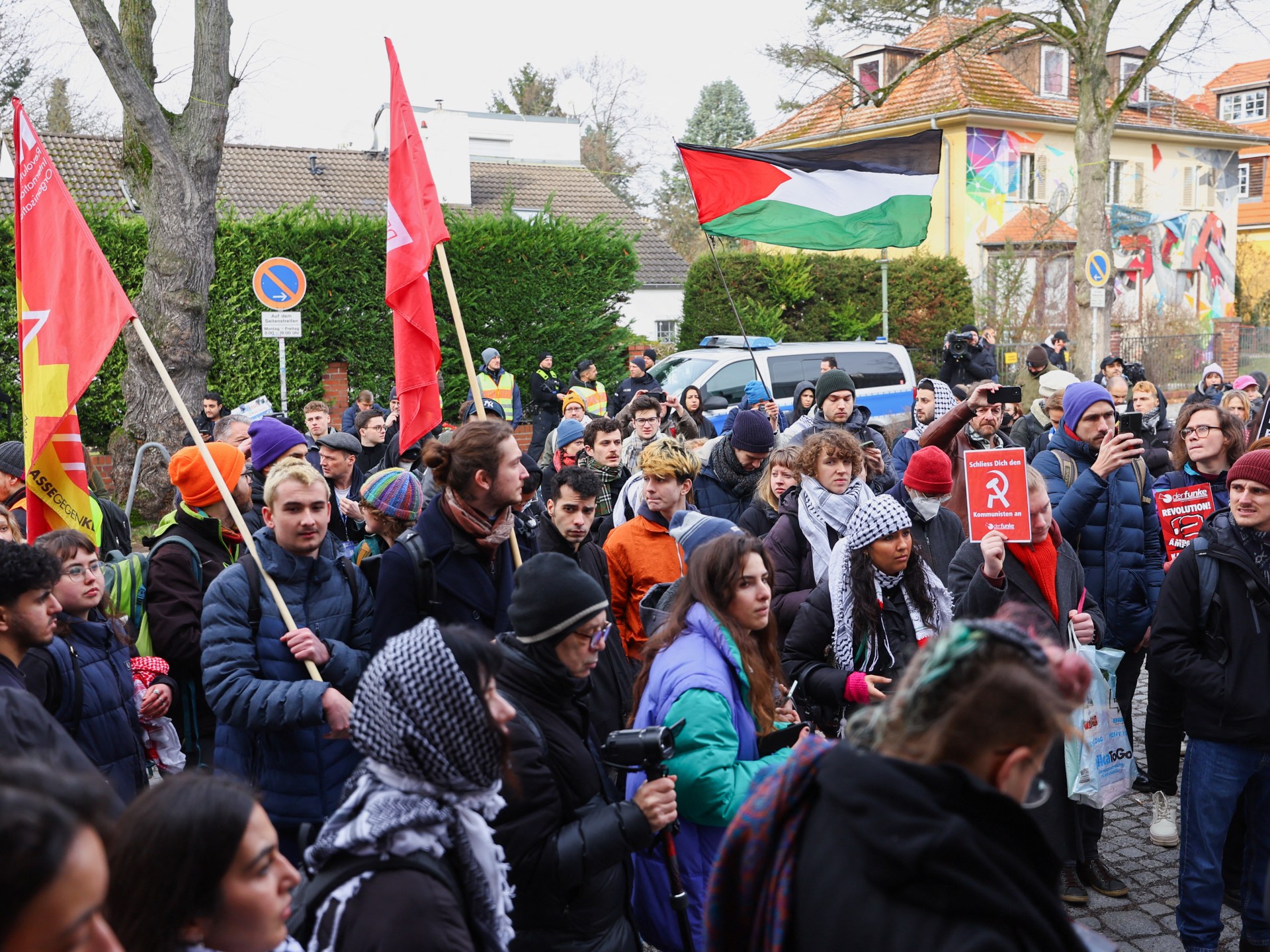A group of students at Freie Universität Berlin occupied a lecture hall on December 14 in solidarity with the Palestinian people, marking the first such occupation in Germany. Despite the peaceful nature of the protest, counterprotesters attempted to disrupt it.
The university’s response was to call the police to clear the protesting students, resulting in the detention of twenty individuals, including myself. While both the police and the university stated there were no anti-Semitic attacks or discrimination during the protest, the university attempted to justify its actions, citing its policy of zero tolerance on anti-Semitism.
Recently, letters from the police notified us of criminal charges pressed by the university administration for “trespassing.” Additionally, a petition garnering over 26,000 signatures calls for our expulsion. Federal Minister of Education Bettina Stark-Watzinger has also publicly supported expulsion for what she deems as “the most severe cases,” while the Berlin Senate plans to facilitate disciplinary action through legislation.

These events and subsequent legal and media pressures unfold against the backdrop of a wider assault on those expressing solidarity with the Palestinian people in Germany. There is a concerted effort to intimidate, silence, and undermine individuals and organizations challenging the German government’s unwavering support for Israel.
Central to this persecution is what some term “guiltwashing” – an attempt to mask authoritarian state policies under the guise of addressing Germany’s historical guilt for the Holocaust. This phenomenon perpetuates the idea that Germany alone is exceptional in its stance against anti-Semitism, while failing to acknowledge the broader societal dynamics at play.
Critics argue that guiltwashing not only fails to address genuine concerns of anti-Semitism but also perpetuates other forms of racism, including anti-Arab and Islamophobia. By focusing narrowly on past atrocities without addressing present injustices, guiltwashing prevents genuine progress toward reconciliation and justice.
Amidst this environment, German academic institutions have largely remained passive, failing to uphold their responsibility as moral arbiters in society. There is a reluctance to engage in what is perceived as “political” discourse despite the historical precedent of universities challenging collective demonization.
Until there is a fundamental shift in this approach, the German state and institutions risk perpetuating a cycle of avoidance and denial, failing to address the complex legacies of the past and their implications for the present.
The protest at Freie Universität Berlin was not only a call for recognition of the ongoing atrocities in Gaza but also a plea for Germany to confront its own complicity in perpetuating injustice. As such, the struggle for justice will persist despite legal challenges and attempts to silence dissenting voices.
Petitions supporting the charged students and opposing expulsions from Berlin universities are available for those interested in showing solidarity.
The opinions expressed in this article reflect the authors’ perspectives and do not necessarily align with Al Jazeera’s editorial stance.






















